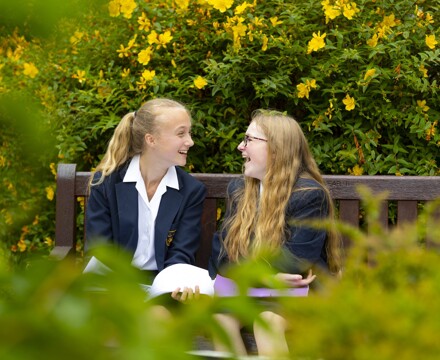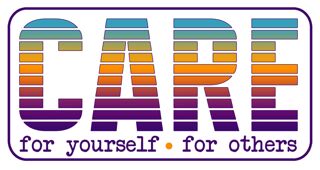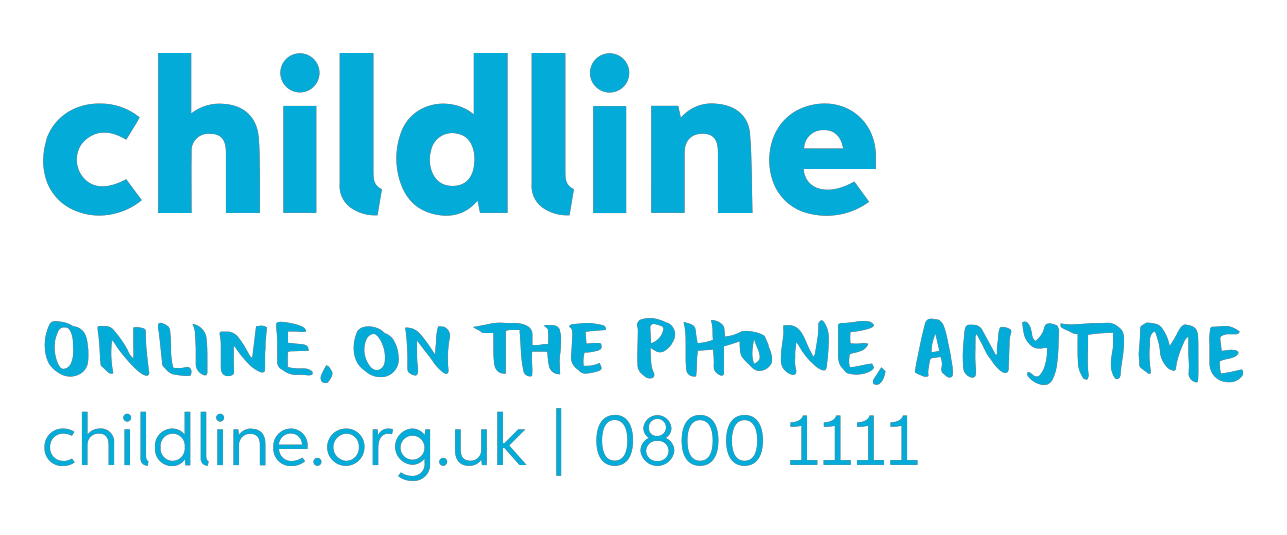- Home
- About Us
- Safeguarding
Safeguarding
 At The Chase we consider the safeguarding of children to be a priority and we are committed to ensuring the welfare and safety of all our students. Safeguarding is everyone’s responsibility.
At The Chase we consider the safeguarding of children to be a priority and we are committed to ensuring the welfare and safety of all our students. Safeguarding is everyone’s responsibility.
Only 1 in 3 young people who are abused will make a disclosure of abuse in childhood. It is vital therefore, that staff know what to look for to identify young people suffering abuse who cannot speak out.
All staff receive annual training to be able to recognise the signs and indicators of abuse, neglect and exploitation, alongside other safeguarding concerns. Staff understand their statutory duties as outlined in Keeping Children Safe in Education and will report any concerns, no matter how small, to the Safeguarding Team who will take appropriate action.
Young people at The Chase are taught how to keep themselves and others safe, including online, through delivery of high quality PSHE and Character Education programmes alongside assemblies, guest speakers, enrichment days and the wider curriculum.
We recognise that school plays a crucial role in preventative education, preparing students for life in modern Britain, to create a culture of zero tolerance for sexism, misogyny/misandry, homophobia, biphobic and sexual violence/harassment. Child-on-Child Abuse including bullying and cyber-bullying are not tolerated at The Chase. Students are encouraged to speak to staff about such behaviour in the knowledge that it will be dealt with.
 A culture of CAREing for yourself and others is promoted across The Chase community. Staff recognise the importance of creating a culture where pupils can speak out or share any concerns with staff. Building positive relationships and feeling safe is key to pupil engagement and attitude to learning. Young people are told that they can speak to any member of staff with whom they feel comfortable. This could be about something they are worried about themselves or if they are worried about another member of The Chase community. They can also report a concern here.
A culture of CAREing for yourself and others is promoted across The Chase community. Staff recognise the importance of creating a culture where pupils can speak out or share any concerns with staff. Building positive relationships and feeling safe is key to pupil engagement and attitude to learning. Young people are told that they can speak to any member of staff with whom they feel comfortable. This could be about something they are worried about themselves or if they are worried about another member of The Chase community. They can also report a concern here.
We take a proactive approach to safeguarding by working in partnership with parents and carers and other agencies. Providing Early Help support to a family when a problem first emerges to avoid any concerns or issues escalating further and impacting on the young person’s development.
If you suspect a young person is at immediate risk of harm, call the police on 999.
If you have a concern about a child, please speak to the child’s Year Leader or another member of the Safeguarding Team.
Members of the public can also make a referral to Children’s Services – information about this is below together with further information, advice and guidance around a number of safeguarding issues that may be useful for members of The Chase community.
The Chase Safeguarding Team
Helen Pugh, Senior Assistant Headteacher & Designated Safeguarding Lead
Richard Williams, Head of Sixth Form & Deputy Designated Safeguarding LeadAndrew Hall, Year 7 Leader & Deputy Designated Safeguarding Lead
Jemma Finnimore, Year 8 Leader & Deputy Designated Safeguarding Lead
Carolyn Bennett-Edge, Year 9 Leader & Deputy Designated Safeguarding Lead
Claire Griffiths, Year 10 Leader & Deputy Designated Safeguarding Lead
Emma Kyte, Year 11 Leader & Deputy Designated Safeguarding Lead
Are you concerned that a child is at risk of harm?
Early Help – Supporting Young people and their families in Worcestershire
Exploitation and Vulnerability workshops for parents and professionals including online safety tips
At The Chase School, we are dedicated to protecting students, promoting positive values, and ensuring a safe and inclusive learning environment for all. We are committed to safeguarding students from radicalisation and extremism as part of our duty under the Prevent Strategy.
Promoting a Safe and Inclusive Environment
We foster a culture of RESPECT, TOLERANCE, and DIVERSITY, helping students develop a strong sense of identity and belonging. By encouraging open discussions, we reduce the risk of extremist influences.
Education and Awareness
Students learn about different cultures, the dangers of extremism, and critical thinking skills. We provide a safe space for discussions, ensuring students can challenge misinformation and develop informed perspectives.
Identifying and Addressing Concerns
Our staff are trained to recognise signs of radicalisation and follow clear safeguarding procedures. We work closely with parents, the community, and professionals to offer appropriate support.
Online Safety and External Influences
We use internet filters to block extremist content and vet external speakers to ensure safe engagement with students.
For further information about the prevention of extremism and radicalisation please click here.
Child-on-child abuse is a serious issue that affects young people both in person and online. At The Chase School, we are committed to fostering a safe and supportive environment where all students feel protected and respected. Recognising and addressing child-on-child abuse is crucial, as it can cause lasting harm to both victims and perpetrators.
Child-on-child abuse can occur on school grounds, in the community, or through digital platforms, yet it often goes unreported. Many young people hesitate to speak out due to fear or shame. We encourage students to come forward and report any concerns while ensuring that those affected receive appropriate support.
Types of Child-on-Child Abuse
- Physical Abuse: Inflicting harm through actions such as hitting, kicking, or biting.
- Bullying: Repeated aggressive behaviour that creates a power imbalance, including verbal, physical, and emotional harm.
- Online Bullying: Harassment via digital platforms, including spreading rumours, threats, or sharing private content.
- Sexting/Sharing Nudes: The exchange of explicit images, videos, or messages, which can lead to exploitation and distress.
- Hazing: Abusive or humiliating initiation rituals that can cause emotional or physical harm.
- Prejudiced Behaviour: Discrimination based on race, gender, disability, or other characteristics, leading to exclusion and distress.
- Teenage Relationship Abuse: Manipulation, threats, or violence within teenage relationships.
- Sexual Violence and Harassment: Unwanted sexual behaviour, including inappropriate language, touching, assault, and coercion.
- Upskirting: Taking pictures under a person’s clothing without consent, a criminal offence under UK law.
Addressing Sexually Harmful Behaviour
Sexually harmful behaviour can be distressing for both the individual displaying it and the victim. This includes:
- Inappropriate sexual language
- Sexualised role play
- Unwanted sexual touching
- Sexual assault or abuse
Staff are trained to handle these issues sensitively and make clear that sexual violence and harassment are never acceptable. Behaviour such as inappropriate touching, sexist name-calling, and dismissing abuse as “banter” will not be tolerated, as it risks normalising harmful conduct.
Key Statistics on Child-on-Child Abuse
The national figures highlight the urgent need to address this issue:
- Childline reported a 29% increase in calls related to child-on-child abuse.
- In 2020, police recorded nearly 10,000 cases of sexual abuse where both individuals were under 18.
- 64% of girls aged 13–21 have faced some form of sexual harassment at school or college.
- Nearly one-third of girls aged 16-18 have experienced unwanted sexual touching at school.
A 2021 Ofsted survey found that young people report the following experiences happening ‘sometimes’ or ‘a lot’:
- Sexual assault – 79%
- Unwanted touching – 64%
- Receiving unwanted explicit images – 88% (girls), 50% (boys)
- Sexist name-calling – 92%
- Unwanted sexual comments – 90%
Our Commitment
At The Chase School, we take child-on-child abuse seriously. Our Child-on-Child Abuse Policy outlines clear measures for prevention and intervention. We collaborate with students, parents, and external agencies to ensure a safe environment where mutual respect is promoted.
If you notice signs of child-on-child abuse, please reach out to us. We are committed to safeguarding every student and providing the support they need to feel secure throughout their time at school.
For further information and guidance visit the Childline website. 
The Chase School is part of Operation Encompass, a national initiative that enables police to share information with schools and early years settings young person has been exposed to domestic incident. The aim is to provide timely support and safeguarding for affected children by ensuring that schools are aware of incidents before the start of the next school day.
As part of this process, a designated Key Adult—Mrs. Pugh (Designated Safeguarding Lead)—has been trained in Operation Encompass procedures. This enables us to receive and use the information confidentially, ensuring that we provide the necessary emotional and practical support to affected students. All Year Leaders as Deputy Designated Safeguarding Leads receive the same training.
Domestic abuse is broadly defined as any incident or pattern of controlling, coercive, threatening behaviour, violence, or abuse between intimate partners or family members aged 16 or over. It can take various forms, including psychological, physical, sexual, financial, and emotional abuse. Under the Domestic Abuse Act 2021, children who experience domestic abuse are recognised as victims in their own right. For further information and signposting to support, please click here.
We are committed to providing the best possible support for all our students.
If you have any questions or concerns, please contact a member of the Safeguarding Team.